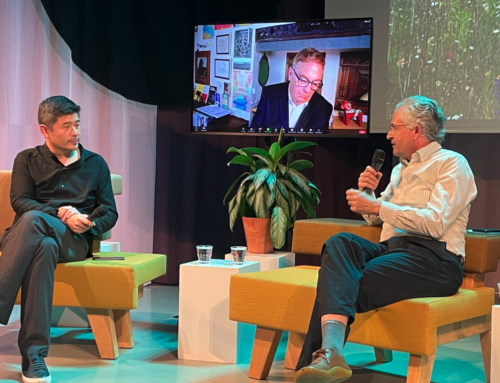A 30 million euro scheme in London will make high speed broadband connections available to 20,000 people in a comparatively deprived area.The scheme will be accompanied by local online services such as community information, message boards, and voting mechanisms to enable referendums.’This is the most ambitious experiment of its kind in the UK, and will offer tantalising glimpses of how communities might function and govern themselves in future” comments Will Davies, an e-policy wonk at London’s Institute for Public Policy Research. Davies, who is currently working on ‘Manifesto for a Digital Britain’, cautions that the Shoreditch experiment ‘will be as valuable for its failures as for its successes. Whenever digital exuberance has ushered in such a plan, optimism has turned to crushing pessimism once it becomes clear that the internet is not the answer to all our social prayers’. If the Shoreditch project does end up a disappointment, it will be because it was conceived as a point-to-mass distribution system for pre-cooked services:online educational courses and video on demand are mentioned as highlights. A better outcome would be that the free phone calls that are part of the project trigger unexpected bottom-up P2P applications. Of course, you don’t need costly broadband to enable free phone calls – but the British government probably feels sorry for the hapless telcos who paid it so many billions for broadband licenses.

